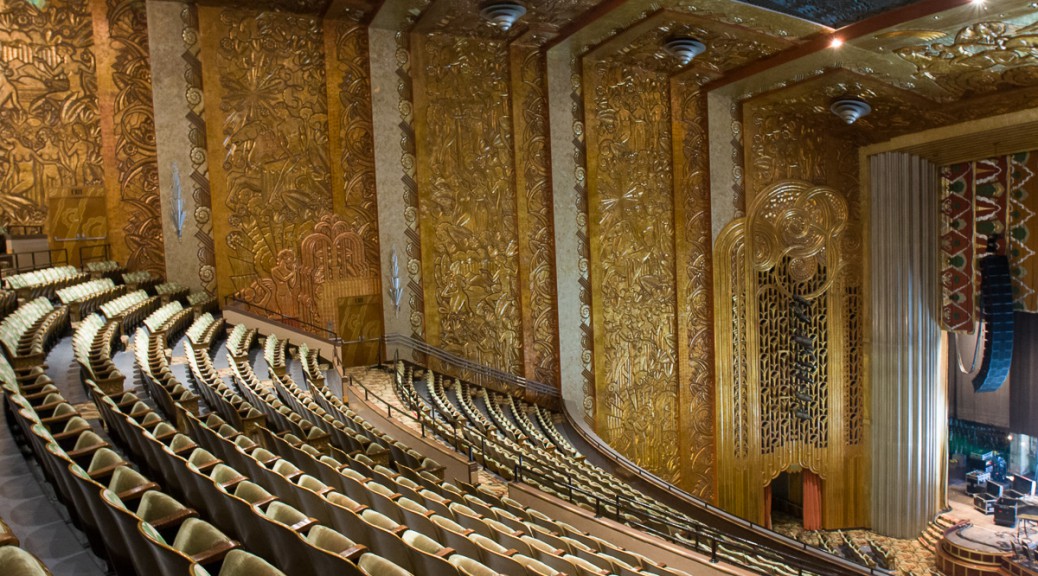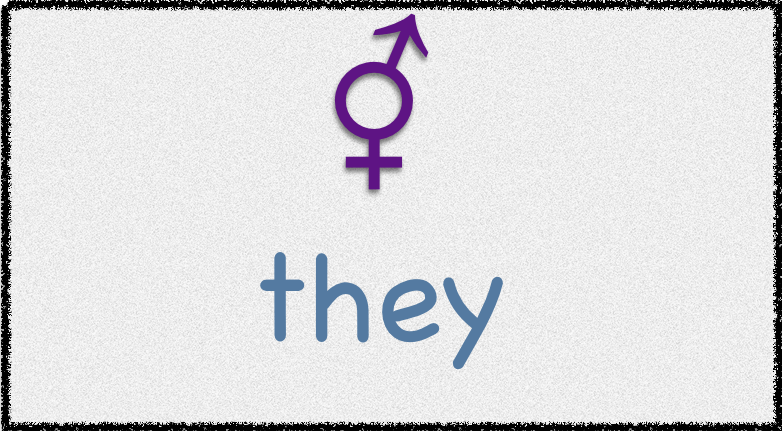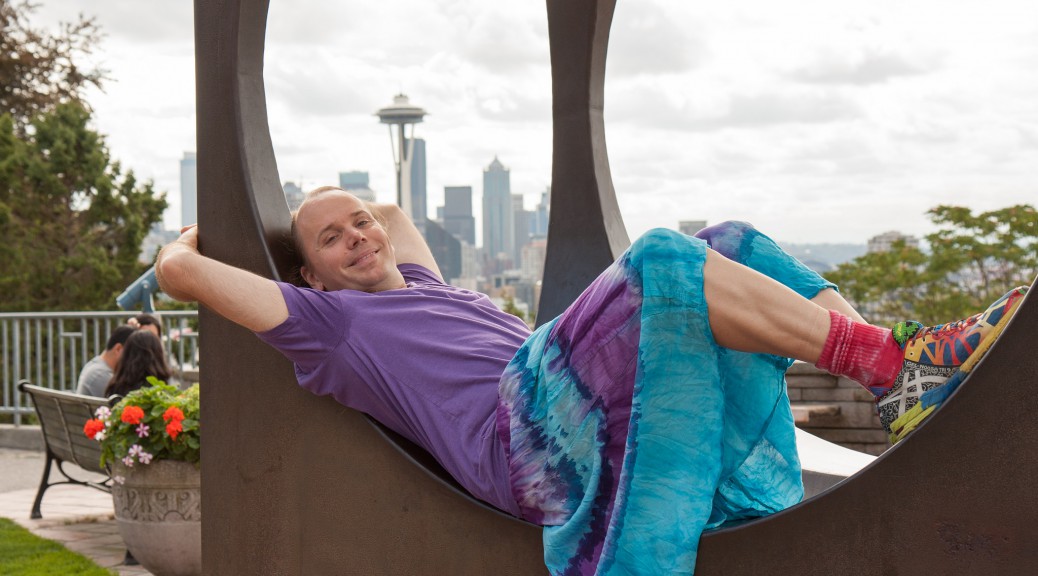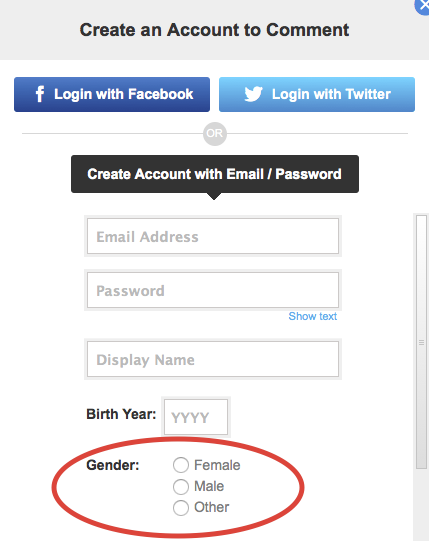[Image: A sign with multiple gender symbols and the words “Inclusive restroom.”]
Here in the state of California, a couple of positive legal developments emerged recently that are of particular interest to people with non-binary gender identities like myself.
The first bit of good news is about restroom access. On September 29, Governor Jerry Brown signed what is known as the “All Gender” Restroom Bill, requiring single-occupancy restrooms to be accessible to people of all gender identities. This development is long overdue. While I’d personally prefer that all restrooms be gender-neutral, there is no reasonable argument for gendering single-occupancy facilities.
Opening up these restrooms will benefit not only non-binary people, but many others as well. Some examples: Binary trans people who do not “pass” as cisgender; cisgender people who are often misgendered due to their appearance (butch women, for example); and caretakers of people of a different gender (children, elderly, disabled) who require assistance to use a restroom.
While no one should be policed for using facilities that most closely match their gender identity, offering gender-neutral spaces provides an additional measure of safety and comfort. I look forward to a time when people in all states (and countries) realize that we all just need to pee.
The second bit of good news is about legal identification. On September 26, Sara Kelly Keenan became the second U.S. citizen and first California resident to obtain legal non-binary status. Keenan, who uses she/her pronouns and identifies as intersex “both as my medical reality and as my gender identification,” followed a precedent set in Oregon this June by Jamie Shupe, a non-binary transgender person. Keenan was represented by an attorney from the Intersex & Genderqueer Recognition Project, which is working to get non-binary adults the right to self-identify on legal documents.
A couple of things are important to note here. Most intersex people identify as male or female, not non-binary. Including intersex in the LGBTQIA or similar acronyms is controversial. Some intersex people want nothing to do with the trans liberation movement; they simply want to end nonconsensual infant surgeries and other damaging practices. Also, many non-binary people, including Jamie Shupe and myself, do not identify as genderqueer. (Shupe prefers not to be referred to with any pronouns, but will accept singular they.)
For Keenan, Shupe, and other non-binary people, there’s still a long way to go; it is not currently possible to get a non-binary driver’s license or passport in the U.S., for example. For this and other reasons, I will not be seeking to change my own legal identification from male to non-binary anytime soon. Even if I do ultimately gain legal recognition as agender, that won’t stop me from being misgendered constantly on the street. As with my birth certificate, a court order is a government-issued piece of paper that has limited use in an everyday context.
Regardless, these are positive developments, and a nice break from depressing election coverage. I look forward to more progress in non-binary gender recognition. Reminder: I will be speaking about trans and non-binary issues this weekend at WikiConference North America.




